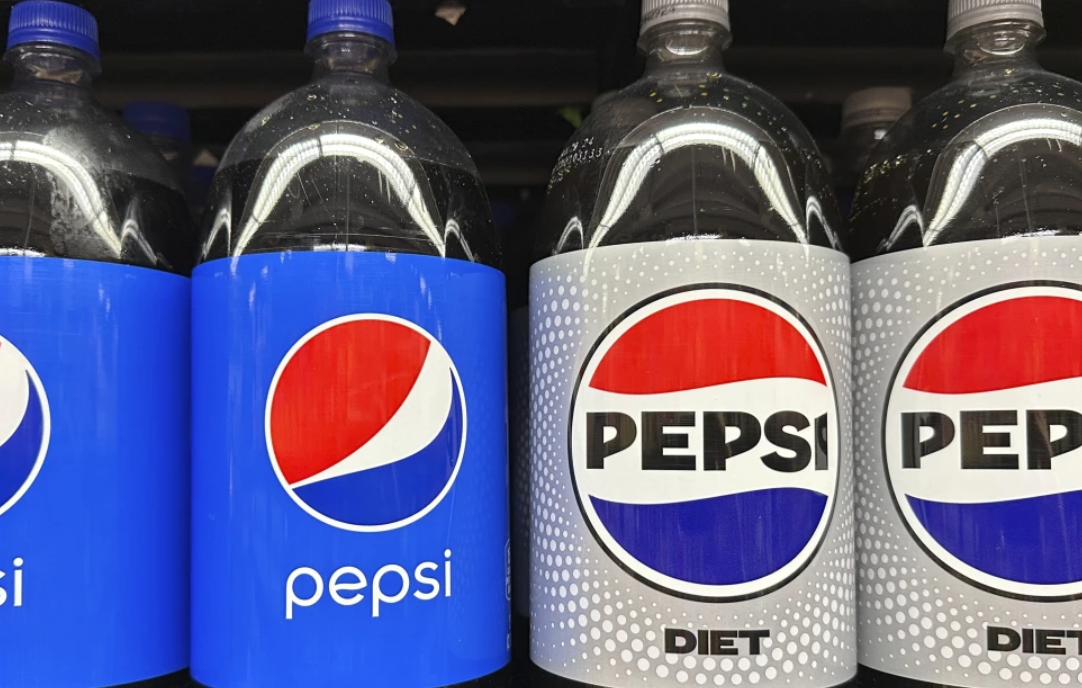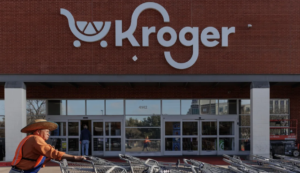PepsiCo revised its full-year earnings outlook downward on Thursday, attributing the adjustment to rising costs from tariffs and a slowdown in consumer spending.
The company, known for its Pepsi beverages and Frito-Lay snacks, also announced plans to accelerate its transition to natural flavors and colors in its products. This move follows a recent call by U.S. health officials, including Health Secretary Robert F. Kennedy Jr., urging companies to phase out petroleum-based artificial colors.
PepsiCo CEO Ramon Laguarta stated that 60% of the company’s products already contain no artificial colors, and that the Lays and Tostitos brands will eliminate them by the end of this year. Over the next few years, the company intends to either remove artificial colors entirely or offer a natural alternative to consumers. Despite this shift, Laguarta reassured investors that PepsiCo’s products are safe, emphasizing that the decision is driven by growing consumer demand for natural ingredients.
PepsiCo now expects its adjusted earnings per share to remain flat compared to last year, when the company reported $8.16 per share. Previously, the company had forecast mid-single-digit growth.
The company has been impacted by a 25% tariff on imported aluminum, which affects PepsiCo and other beverage manufacturers. Additionally, PepsiCo faces higher tariffs due to its practice of producing a significant portion of its concentrate for the U.S. market in Ireland, which is subject to a 10% tariff. While competitors like Keurig Dr Pepper, which also produces some of its concentrate in Ireland, have maintained their earnings outlook, PepsiCo acknowledged the strain tariffs are putting on its business.
PepsiCo’s Chief Financial Officer, Jamie Caulfield, stated that the company has already factored the impact of tariffs into its outlook and is working on mitigation plans, though some will take time to execute.
In February, PepsiCo noted that years of double-digit price hikes and changing consumer preferences had led to weaker demand for its products. Caulfield mentioned that consumer confidence in the U.S. had worsened since then, prompting the company to invest more in value brands like Chester’s and Santitas. Additionally, PepsiCo has been offering more promotions and value packs, while expanding its health-focused offerings with the $1.95 billion acquisition of Poppi, a popular prebiotic soda brand.
Looking ahead, PepsiCo expects ongoing uncertainty and volatility for the remainder of the year, citing geopolitical tensions that are affecting sales in some markets. While sales in China have been sluggish, the company saw growth in India and Brazil during the first quarter.
PepsiCo’s first-quarter revenue fell 1.8% to $17.9 billion, as its global sales volumes decreased. Despite this, the company’s performance slightly surpassed Wall Street’s expectations, which had projected revenue of $17.8 billion. Net income also dropped 10% to $1.8 billion, with adjusted earnings per share of $1.48, slightly below analysts’ forecast of $1.49.
Following the announcement, PepsiCo’s stock dropped 3% in morning trading on Thursday.














